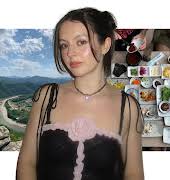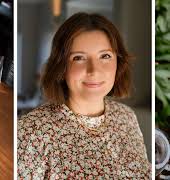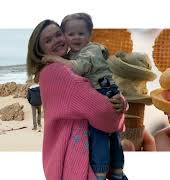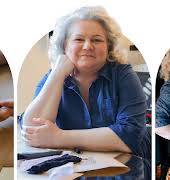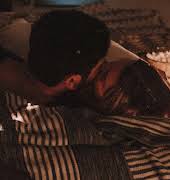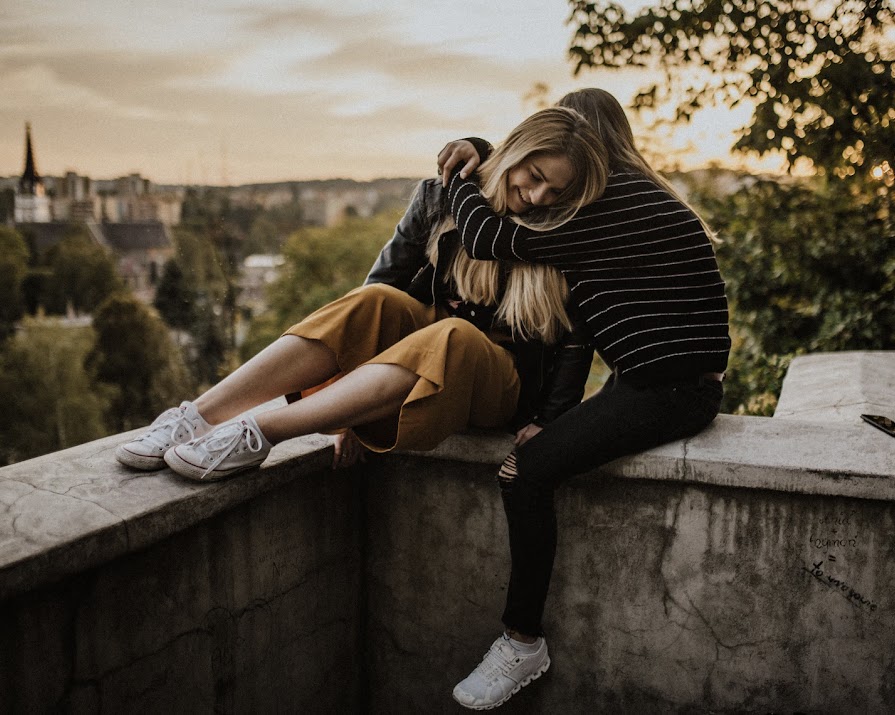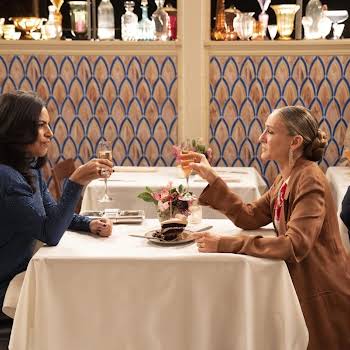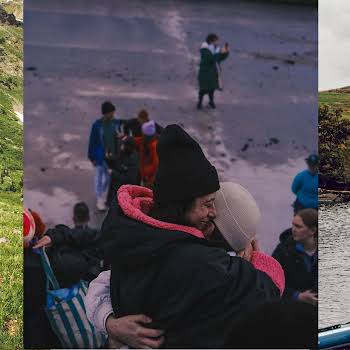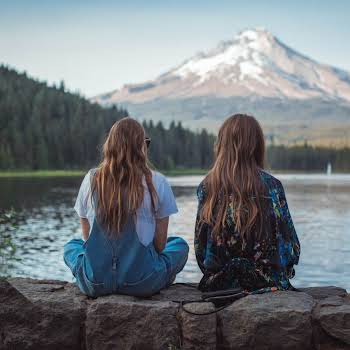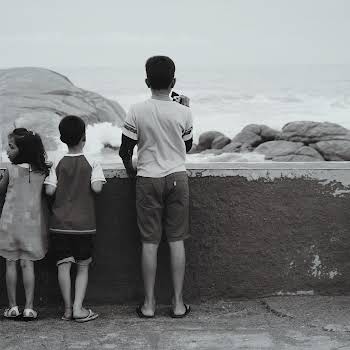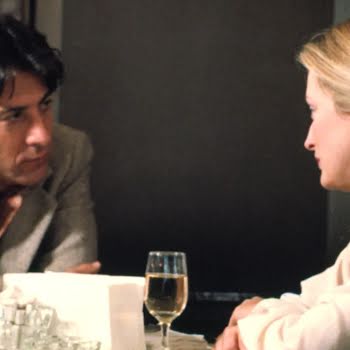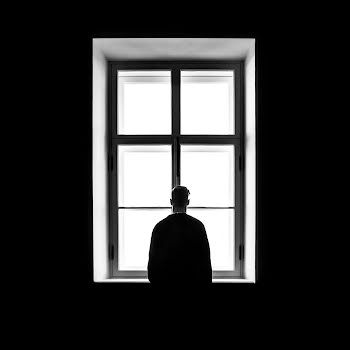
When friendships are held up to the light and carefully examined for cracks
By Amanda Cassidy
12th Mar 2022
12th Mar 2022
At a time when perhaps we need each other most, there are strange forces at play in our social circles, writes Amanda Cassidy
One of my friends has gone dark.
It happened slowly over the course of the past few years, a gradual drifting away. Then the pandemic fast-forwarded it so much it was noticeable – like a frog in a pot of water someone turned up a little higher on the stove.
One evening, mid-pandemic, huddled outside shivering in chairs placed exactly 2 meters apart and drinking wine, I probed.
Her answer surprised me. “I though people needed me more than they actually do,” she shrugged – a sad acceptance of her role in the friendship group. For her, the pandemic had brought into sharp focus what it meant to be stripped away of everything that had buoyed the nights out, the cocktails, the leather jackets and blowdried swish. Her tethers weren’t what she thought they were. It was an illusion the pandemic
When everything was stripped away – the fun times, the giddiness that comes when we bend our heads close and cackle at the world, she realised the fissure. During lockdown, she fell into it and drowned.
The past 18 months has put many relationships, including friendships under pressure; anxiety and resentment over rule-following, what should be done or not done, those who cast judgement at every turn. Covid revealed unseemly character truths about some of those we cared about the most. It was surprising. And confusing.
Writer with the Atlantic, Jennifer Senior wrote about this recently: “All these hours in isolation had amounted to one long spin of the centrifuge, separating the thickest friendships from the thinnest; the ambient threat of death and loss made me realise that if I wanted to renew or intensify my bonds with the people I loved most, the time was now, right now”
But that also applied to the friendships that suddenly, against the glare of the pandemic, didn’t let the light in. Friendships were held up to the sun, carefully examined front and back for cracks. Suddenly it was much easier to see the hairline fractures in some of those bonds.
Fragile
As we approach a time in our lives when various things start to get straightened out – career, marriage, children, the spotlight shines back onto the group of people – in this case, the women, who have been faces in your crowd for years.
Now that the children are (marginally) more self-sufficient and we have gained enough experience on this earth to start to finally get life, our attention is finally ready to focus on our peers.
I’m almost out of the friendship-collecting phase – no longer content to get up close and personal to strangers where each interaction is like starting all over again. I’ve put down the roots in my core group of friends and now is the chance to watch them bloom. Right?
But the problem is that just as we are ready to turn our face towards the warm sunshine of our besties, significant upheavals that come with this phase of life, sometimes prove too much for friendships to withstand. Divorce, financial struggles, illness….death.
And arguably at a time when we need our friends most, it is then we end up not calling people back, postponing the coffee. Again. Maybe the perceived frivolity of catching up is too frothy compared to the dark granules of life’s current tribulations.
Friendscape
Were friendships always this delicate?
Welcome to the world where social media has turned ‘friend’ into a verb. In the absence of a modern-day village – that bygone pile-on of generations living under one roof or tight-knit communities that support – we are looking to our friends perhaps to fill a lot of voids; parent, guru, therapist, partner. And that isn’t fair really. That relationship wasn’t designed to absorb such a vast array of box-ticking.
Plus we live in times where convenience is everything. Maybe it’s inertia that keeps us bound to friends we not longer have much in common with because it is easier to keep the status quo than to cultivate new pals.
In an era where we are conditioned to thrive on individualism, there is a shortfall between the need for a tribe and the comparison of ourselves against others in that tribe.
I think this is where my friend found herself floundering. When we were locked down, stripped of the comforting blanket normal social interaction brings, it was cold. It was so cold, that it made us question if we had the right blanket all along.
Rather than a dramatic purge of the headless corpses of our friendships, Suzanne Degges-White, a professor at Northern Illinois University, encourages people to imagine a rearrangement.
“Strive for a post-pandemic friendscape where people inhabit the foreground, middle ground or background. How you arrange them depends on how much time and emotional energy you invest in them.”
Over the course of the past 18 months, we’ve chosen to re-examined our careers, to embrace our passions, to take the scary plunges we were too stilted perhaps to take, before our lives were pandemic-paused.
When it comes to seizing the day – maybe it’s now time to also size up the pace of growth of those around you – and either catch up with them, or to find those with whom we are in better synch with now.
But remember too, we can’t have good friends if we aren’t a good friend ourselves. Asymmetrical relationships aren’t one way streets. Consider checking in on your friendships, looking at them a little more analytically against this new light – because maybe if it’s not them, it’s probably you.

